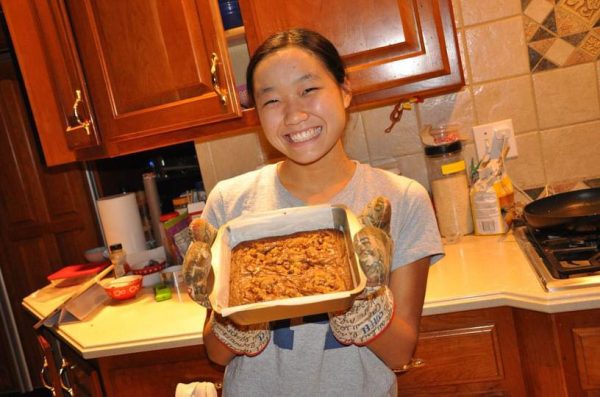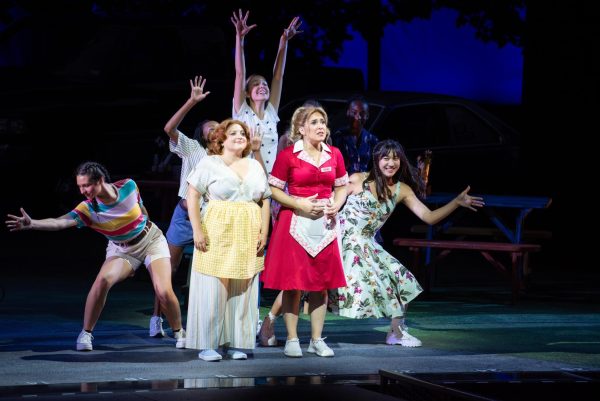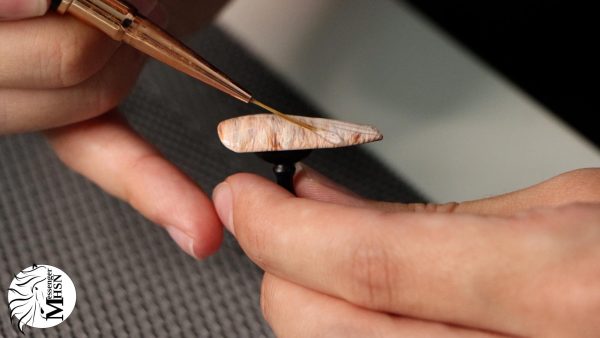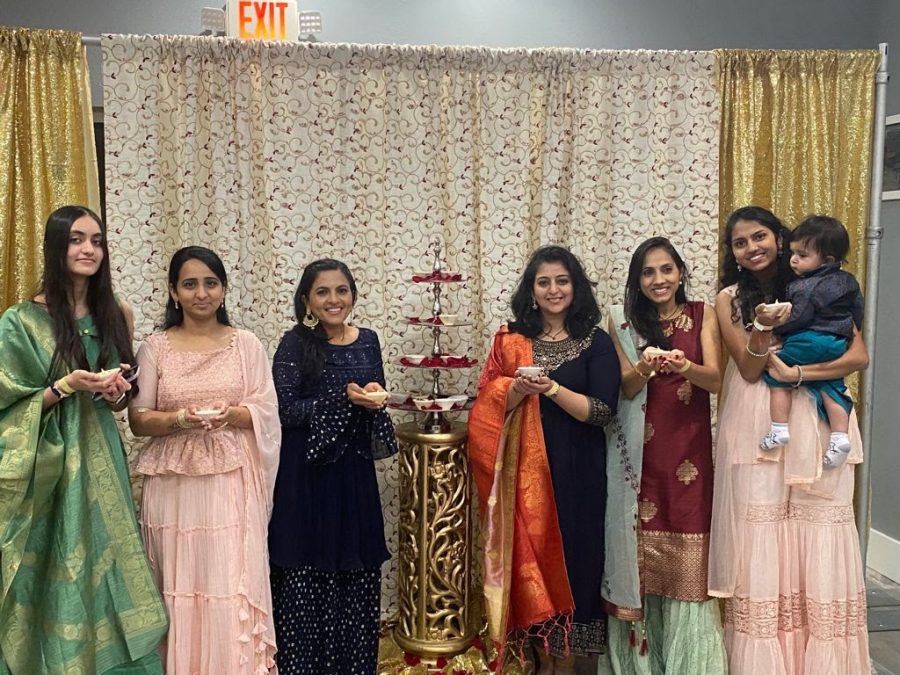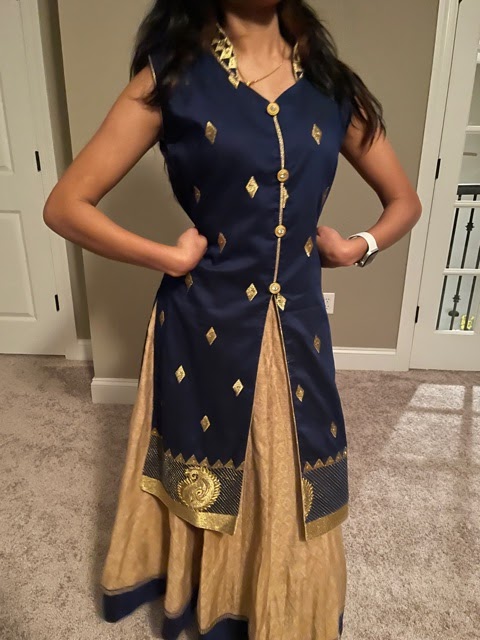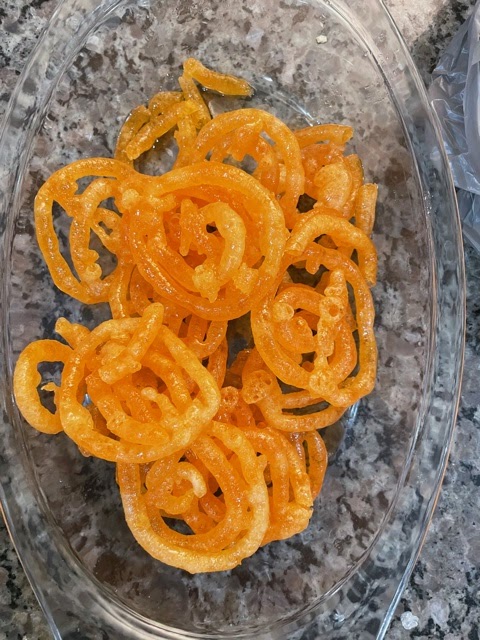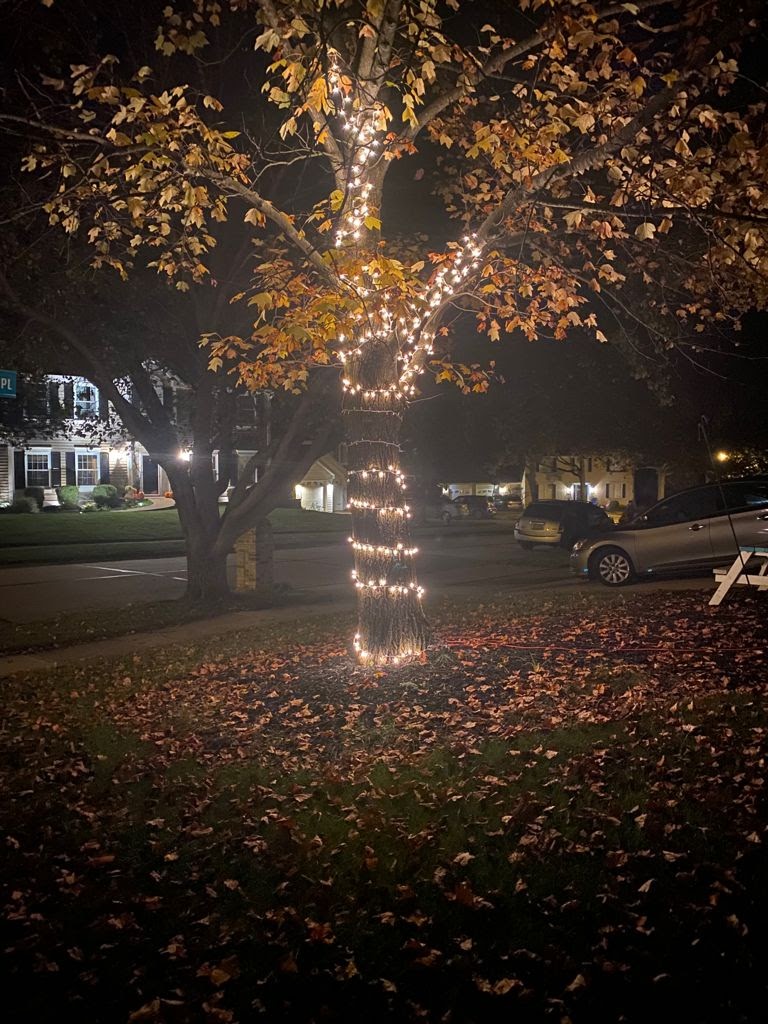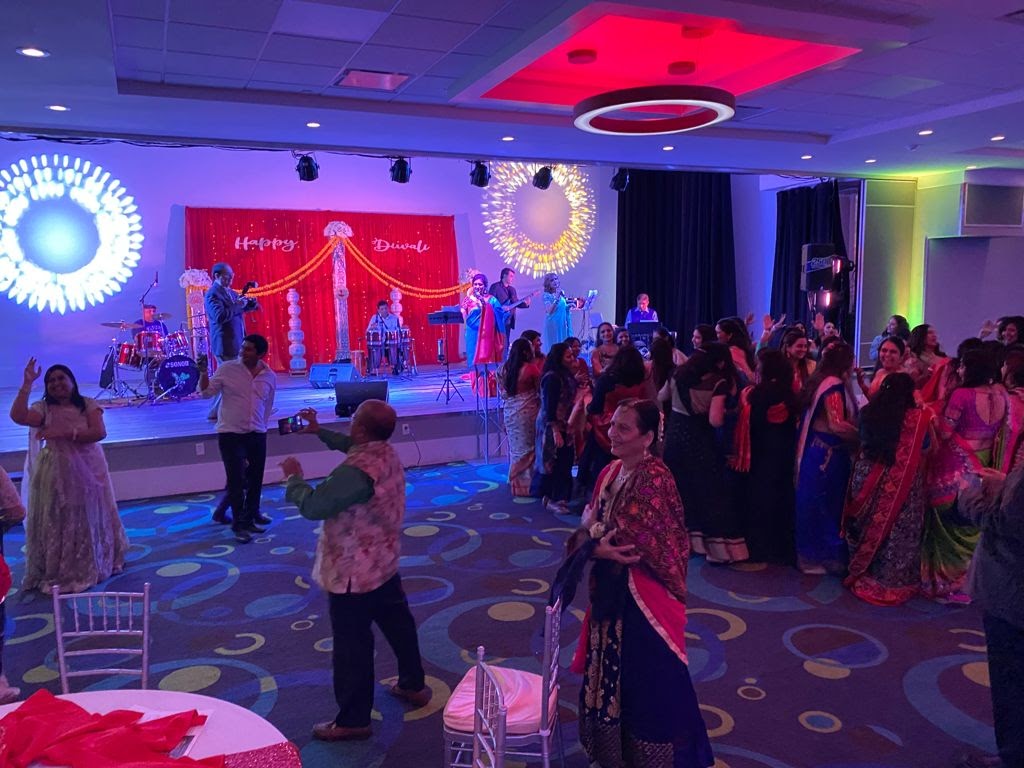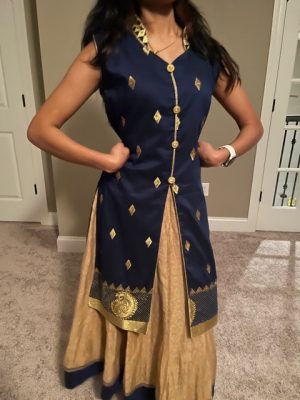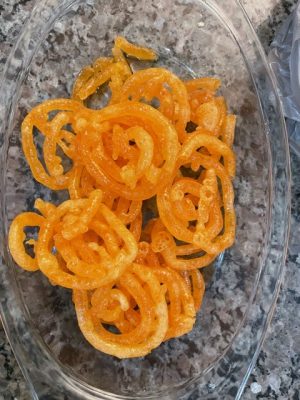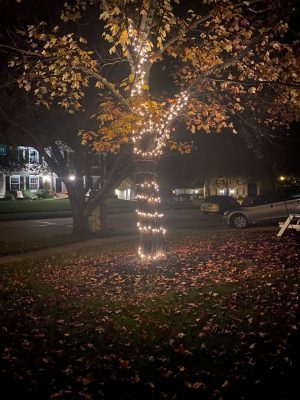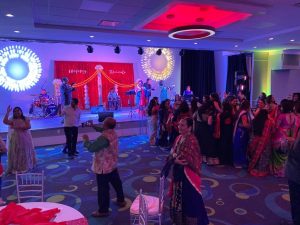MHS Students Celebrate Diwali
Media by Aasvi Patel
Aasvi Patel, junior, (on the far right) with family and friends at a Diwali party on Nov. 6. They are dressed in their cultural clothes and holding candles to celebrate the festival of light.
“For Diwali, you wish for wealth, and you wish for a successful life,” Niha Sanjeeva, sophomore, said.
Diwali, also known as the festival of lights, is a five day celebration in India starting on Nov. 4. It is celebrated by members of many different religions including Hindus, Sikhs, Jains and some Buddhists.
All over India, celebrations with fireworks, thousands of lights, cultural foods and different types of sweets take place. The legends and epics related to Diwali differ regionally as India has many diverse religions and cultures.
As a practitioner of the Hindu faith, Sanjeeva celebrates Diwali in honor of Lakshmi, the goddess of wealth, and Ganesha, the god of beginnings.
She puts up statues of the gods around her house with freshly picked flowers and many lights around them.
“We take the flowers and give our prayers to them,” Sanjeeva said. “Then, we put the flowers around the statue.”
Sanjeeva said her favorite part of her family’s celebration is the sweets they make, her favorite being a treat called Gulab Jamun. It is made out of fried milk powder with a sweet syrup on top.
Because Diwali is the festival of lights, Sanjeeva’s family puts up lots of lights and makes rangoli, which is colored powder made from sand and flower petals.
“You would use powder to make beautiful patterns and drawings. We put the rangoli around the goddess Lakshmi to honor her,” Sanjeeva said.
Sanjeeva is from Southern India near Bangladesh. Her family celebrates Diwali by inviting family and friends over, but most of her family isn’t able to celebrate in person with them.
“My extended family lives in India, so most of the time they call us from over there to celebrate together,” Sanjeeva said.
While these traditions hold true for Sanjeeva, Lisha Maganti, sophomore, said Diwali is celebrated differently depending on the family. She said Diwali is more a celebratory and cultural holiday rather than a religious one for her family, even though they do a few rituals and prayers.
“I feel like if we were in India, we would go to the Temple and all that, but we just celebrate with the family we have here,” Maganti said.
Getting together with friends and family, popping firecrackers and eating food is what Maganti said is her favorite part of the holiday. She puts up pot-like candles, called deepas, around the house as well.
Aasvi Patel, junior, is from Northern India where much of her family still lives.
“My roots with India have been diminished, and it’s really special to me that we celebrate [Diwali] here even though we are so far from India,” Patel said.
Although she hasn’t visited recently, she and her family try to keep up with the traditions and culture.
“We wear kurtas, which are kind of like dresses but with an Indian touch to it,” Patel said. “It’s really cool because we don’t usually get to wear Indian clothes very often, so any chance we get to wear them is really special.
For Patel, Diwali is focused around the celebration of the god Ram coming back from a 14-year exile, rescuing his wife and becoming the king again. The townspeople celebrated his return on what came to be Diwali.
“Sometimes, people overlook the religious aspect and focus on the celebration of light and happiness,” Patel said.
Patel’s family cooks different types of Northern Indian food that vary depending on what they feel like. They make sure to always keep a light in the house on during Diwali.
“We don’t always celebrate all the holidays in India, but Diwali is so special in that the vibe just radiates positivity,” Patel said.
Your donation will support the student journalists of Marquette High School. Your contribution will allow us to purchase equipment and cover our annual website hosting costs. You may become a PATRON by making a donation at one of these levels: White/$30, Green/$50, Blue/$100. Patron names will be published in the print newsmagazine, on the website and once per quarter on our social media accounts.
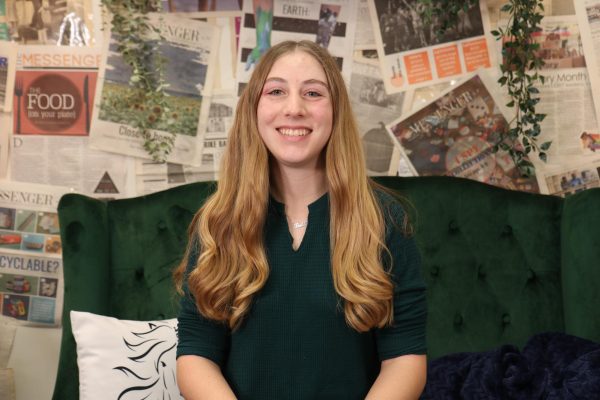
Annabelle Miller, senior, is the editor-in-chief of the Messenger. She has been on staff for two years. Annabelle is an outfielder on the Varsity Softball...




